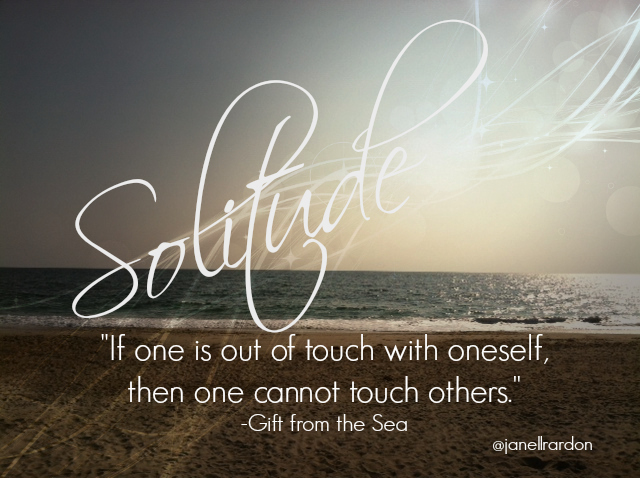“For one human being to love another; that is perhaps the most difficult of all our tasks, the ultimate, the last test and proof, the work for which all other work is but preparation. I hold this to be the highest task for a bond between two people: that each protects the solitude of the other.
This is the miracle that happens every time to those who really love: the more they give, the more they possess” (Rilke).
Part One: Love Others as You Love Yourself
Thirty one years ago, I fell in love with my husband—right here in the Outer Banks of NC. We met in a very small independent church and through a series of events eventually became the best of friends. I distinctly remember the moment when I knew he was different. That he actually might be the one for me. We were here, in Kill Devil Hills, for the day. Four of us had come down to enjoy the beach. The beach was particularly calm that day so Rob and I took his surfboard out and simply floated on it. I think we may have floated and talked for close to two hours. I don’t actually remember what we talked about only that conversation ebbed and flowed like the ocean we were floating in. It was easy and relaxed and made me feel something brand new: a sense of calm.
I married a calm and patient man. In his presence, I felt like I could be me.
Oftentimes when people fall in love, get married, and have children, they get lost—both as individuals and as a couple. One thing I love about my husband is that he has always protected both me and us from this happening. He knows I need time alone and has always tried to find ways to give it to me. “Just get the children to three and I’ll take over,” he used to say. “I’m better with that age…” Obviously he didn’t wait until they were three, but he did indeed hold true to his promise. He knew that in order for me to love others, i.e. our family, I needed time to learn to love myself—and this requires solitude.
In Gift from the Sea, Anne Morrow Lindbergh affirms this great need for solitude:
“For it is not physical solitude that separates one from other men, not physical isolation, but spiritual isolation. It is not the desert island nor the stony wilderness in the mind, the desert wastes in the heart through which one wanders lost and a stranger. When one is a stranger to oneself then one is estranged from others too. If one is out of touch with oneself, then one cannot touch others. Only when one is connected to one’s own core is one connected to others, I am beginning to discover. And, for me, the core, the inner spring, can best be found through solitude.”
The Connection Between Solitude and Community
Would you agree or disagree with Lindbergh’s summation that, “If one is out of touch with oneself, then one cannot touch others?” I know my stance on this issue, but I’d love to hear yours.
Lindbergh continues, “Every person, especially every woman, should be alone sometime during the year, some part of each week, and each day. How revolutionary that sounds and how impossible of attainment. To many women such a program seems out of reach. They have no extra income to spend on a vacation for themselves; no time left over from the weekly drudgery of housework for a day off; no energy after the daily cooking, cleaning and washing for even an hour of creative solitude.”
She would know. Wife to famed aviator, Charles Lindbergh, mother to five children, and celebrity, author, and artist. Every year she and her sister escaped to Captiva Island, Florida for two weeks. It was in that place and space that she penned Gift from the Sea. Ever since I first read that it has been a strong desire of mine to do the same. Escape for two weeks or more every summer (or even perhaps in the winter) to spend time in solitude and study. I’ve only been here for four days alone and I feel remarkably lighter, as if I’ve cast aside my heavy shell already. The first 36 hours my energy was spent in the ever-challenging transition process, but now, the creative flow is releasing and I’ve been able to write.
I used to think this kind of desire was selfish. Now I know it is self-preservation.
I’d love to know your thoughts on this seemingly powerful connection between solitude and loving others. I have a couple questions for you but before answering them, take a few moments to read this great article that expresses the great difference between solitude and loneliness. They are often confused.
- Is solitude something you value? something you long for? If so, why?
- When you hear the word, “solitude,” what image/vision/picture comes to mind?
- Marano writes, “Solitude suggests peacefulness stemming from a state of inner richness.” Would you say it is this “inner richness” that Lindbergh is speaking of? When we have inner richness, we have something to give to others. Ignatius might call this living from our consolation, not desolation.
- If you do have a time of solitude, what most contributes to your inner richness? For me, most definitely sitting or walking by the beach, breathing in the negative ions and allowing the melodic rhythms of the waves to enter my soul.

Trackbacks/Pingbacks